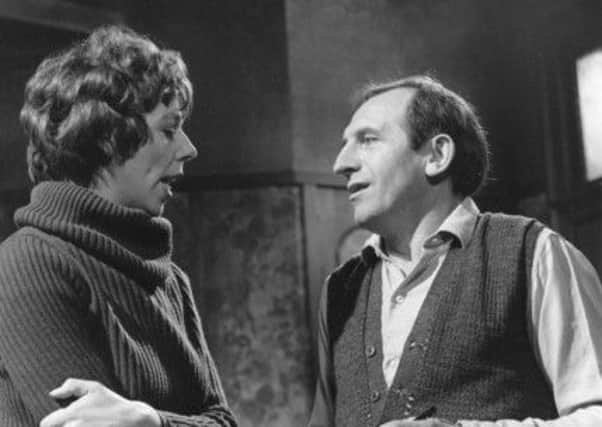Cash-strapped homeowners turn to letting rooms


Now growing numbers of Scots are looking to take in lodgers as spiralling property prices and rising costs put pressure on already squeezed household incomes.
New figures show that the number of homeowners in Scottish cities who rent out a spare room to a tenant has rocketed by 29 per cent over the past two years.
Advertisement
Hide AdAdvertisement
Hide AdMatt Hutchinson, director of website SpareRoom.co.uk, which complied the figures, said: “Letting out spare rooms to lodgers is becoming an increasingly popular way to make money in major Scottish cities, as more homeowners must find ways to cover their mortgage repayments, clear their debts, or simply have some disposable income.
“Homeowners renting out furnished rooms can earn up to £4,250 per year tax-free but must declare any earnings above that threshold.”
The average monthly income from taking in a lodger ranges from £334 a month in Dundee to £451 in Aberdeen - boosting the landlord’s finances and creating a more affordable way of renting a city centre base for people who have found the cost of renting their own home has become unaffordable. In Edinburgh, average monthly rent for lodgers is £407, and in Glasgow it is £373.
The average rent for a private property in Scotland is £678 a month, according to figures published last week.
However, the biggest rise has come in demand for Monday to Friday lettings – reflecting the increasing number of people who have been forced to move to another area to find work, but who want to commute home at weekends.
The number of advertisements placed on the site for weekday lettings for lodgers has rocketed by 80 per cent over the past year, Hutchinson said.
“Many people are opting for weekday letting, where their lodger stays Monday to Friday only,” he said. “Monday to Friday lodging is becoming an increasingly popular option with people who don’t want, or cannot afford, to buy property and live where they work.”
The UK government’s Rent A Room scheme, which allows people to earn the first £4,250 per year without declaring any tax on the income, is open to anyone who rents out a room – or a floor – of their main property, as long as the leased accommodation is not a separate flat. Both homeowners and tenants are allowed to use the scheme as long as renters have prior approval from their landlord.
Advertisement
Hide AdAdvertisement
Hide Ad“Not only can this keep lodger income below the £4,250 tax-free threshold, but it allows people time alone in their own homes and, as it will most likely not affect their single person’s council tax discount if they live alone as their lodger will already be paying it at their primary residence,” added Hutchinson.
John Blackwood, director of the Scottish Association of Landlords, said that the organisation had witnessed an increase in demand for advice on renting out rooms to lodgers.
“A lot more people have been looking to rent out rooms in their properties in recent months than ever before.”
He added: “I think it is just simply about needing to make extra money – people are really feeling the pinch or have lost their jobs and are looking for another form of income and this seems ideal.”
Changes introduced last year to the UK government’s Shared Room Rate rules – the introduction of the “bedroom tax” – means that any single housing benefit claimants under 35 renting in the private sector have to take in a lodger if they have a spare room – or move in with family – potentially boosting the number of people looking to rent out a room in their home.